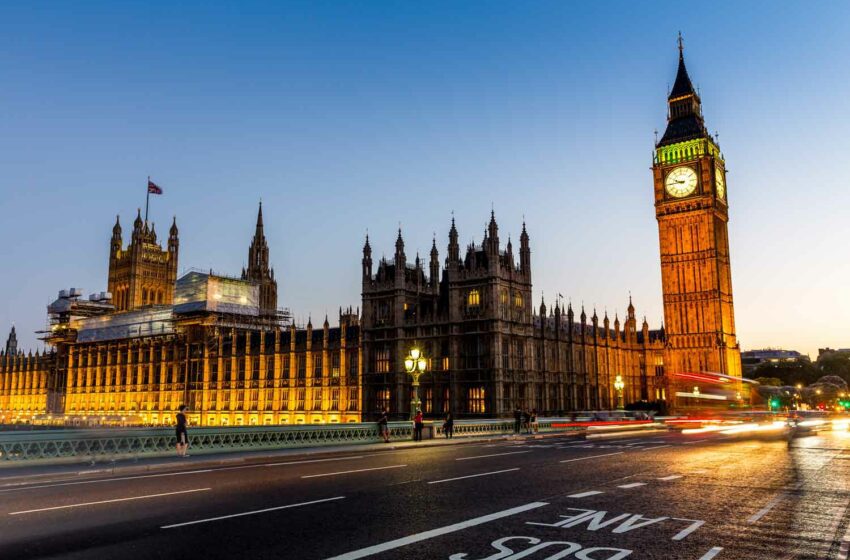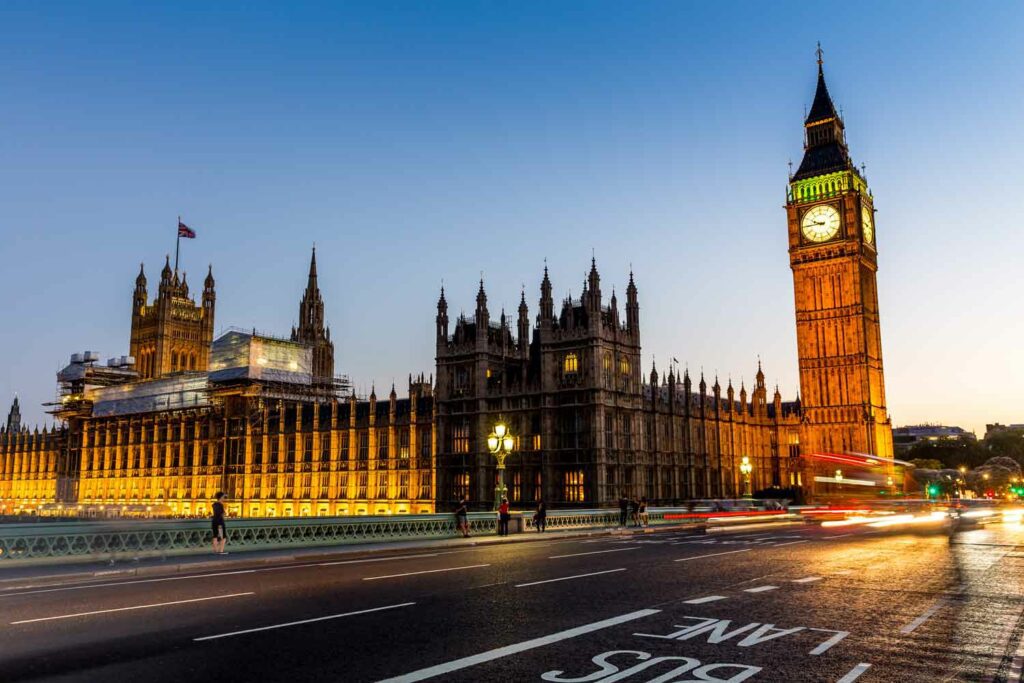Defending Liberty
- Also in TR News This Week
- February 8, 2024
- 0
- 3 minutes read


The U.K.’s proposed generational tobacco products sales ban was variously described as nuts, insane, ludicrous, mad, illiberal, impractical and petty minded by speakers at a House of Commons reception on Feb. 7.
The reception, which was lively, going on boisterous at times, was hosted by the Conservative MP Giles Watling on behalf of the Freedom Organisation for the Right to Enjoy Tobacco (Forest), whose director, Simon Clark, told the gathering of about 50 invited people the purpose of the event was to bring together a broad coalition of groups to show the breadth of opposition to the ban: the Institute of Economic Affairs, the Taxpayers’ Alliance, the Adam Smith Institute, the Consumer Choice Centre, Students for Liberty and the LSE Hayek Society.
Watling, a non-smoker but at one time a 60-Marlboro-a-day man, described the proposed ban as insane and said it was not good for the Conservative Party. There were better things that it should be doing than this piece of legislation.
The idea that there were more important things for the government to be doing was taken up forcefully by Baroness (Claire) Fox of Buckley, who sits in the second chamber, the House of Lords, as a non-affiliated life peer. After outlining some of the huge and urgent domestic and international issues facing the government, she said she found it unbelievable that the prime minister had dedicated precious legislative time and energy on the most ludicrous anti-smoking law.
Clark, who organised the event, said that, in his view, smoking was a bellwether for liberty and that the war on smoking should be of concern to anybody who cared about individual freedoms. Freedom was all about supporting things that you yourself might not like, he added, before describing how a Forest banner showing a cartoon depiction of the prime minister, Rishi Sunak, pushing a pram under the heading, “Say No to Nanny,” had been confiscated by parliamentary security on the grounds that it might be offensive to some people.
The generational tobacco sales ban as it is currently proposed would make it illegal to sell tobacco products to anyone born on or after Jan. 1, 2009, which, Clark said, would lead to the ludicrous situation where, for instance, at some point these products could be sold legally to a person of 30 but not to a person of 29.
This would seem to put retailers in an invidious position and, given the U.K.’s dislike of identity cards, might perhaps sink the proposed ban if it were focused on any other product. But there was a sense that the ban would be difficult to stop. Fox made the point that the government might find it difficult to extricate itself from the proposed ban, even if it wanted to, because it was the one thing around which all the political parties had united.—George Gay
